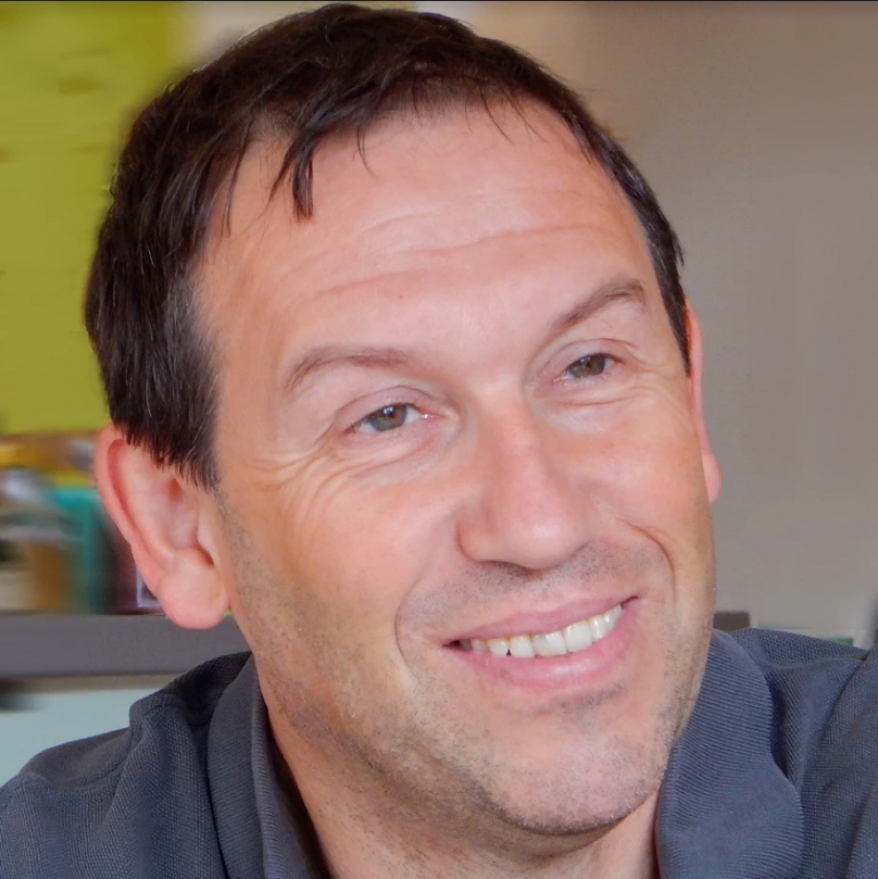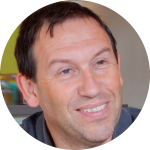Only one in three doctoral candidates in Europe has the chance to engage in transferable skills training opportunities as part of their studies (MORE3 study, 2017, p.14). Does this roughly mean, that only one third of all European universities have accepted and are implementing principles for a state-of-the-art doctoral education — I refer to the 10 Salzburg Principles1 or the 7 Principles for Innovative Doctoral Training2? Do we again observe a two-speed Europe?
In fact, much has changed in the doctorate over the last two decades. Depending on one’s point of view, various keywords could be mentioned as drivers for the reforms: Bologna, massification, professionalisation or New Public Management. The massification of doctoral education has led to an opening up of universities and democratisation of access, but has also burdened the system and called for reforms. The strong «production growth» of young academics, who could no longer be absorbed by the HE system itself, has also made the question of the relationship between education and the world of work more relevant than ever. An article in the Economist (2010) rightly questioned the extent to which traditional doctoral training could open up comprehensive career prospects for graduates. At the same time, new instruments and policies were developed for universities in general to enable governments to manage the HE system more effectively. Many universities in Europe have responded with structural measures. Consequently, management practices have become much more professional, which has also led to the establishment of a field of activity at the interface between academia and administration, described by Celia Whitchurch as the Third Space.
The dichotomy between academic and non-academic staff has been dissolved and it has been recognised that expert knowledge is becoming more and more important in order to jointly cope with the multitudinous challenges. These experts are now to be found in many places in modern universities, e.g. in the area of science management, technology transfer, or research support. In addition, doctoral training would appear different in many universities without the valuable contributions of professionals, and transferable skills training would hardly exist in many universities at all. The experts also often provide institutional perspectives, collect and analyse data such as completion rates or time-to-degree, present the results for discussion and make suggestions for continuous improvements. In many cases, they are also the ones who maintain close contact with doctoral candidates, identify and solve problems and offer the academic leadership decision-making options in the area of doctoral education and its further development. Professionals have an holistic understanding of the systematic level of doctoral education worldwide and can apply their knowledge for the benefit of their own institutions and doctoral training in general. This also makes them a valuable source of ideas, and positions them as important advisors to their management. While academic leaders change, professionals provide stability and sustainability to the system.
But why is all of this relevant for early stage researchers? On the one hand they should know that within this group of professionals, they will find allies within their institutions who will do their utmost to make their journey as doctoral candidates and junior researchers a success. They should see them as partners in the efforts to improve the framework conditions and career prospects for the next generations of researchers. On the other hand, the emergence of the Third Space has also created an interesting field of work that offers doctorate holders a wealth of job and career options. Almost two years ago, we founded the Association for Professionals in Doctoral Education (PRIDE), a network that pursues the following goals: to establish an international peer group of professionals, to increase the visibility of the contributions that professionals make to high-quality doctoral education, and to openly exchange knowledge and experience. Of course, we also work together with other networks to improve the quality of education and the experience of junior researchers, so that access to good support structures will soon be available to well over a third of doctoral candidates.



